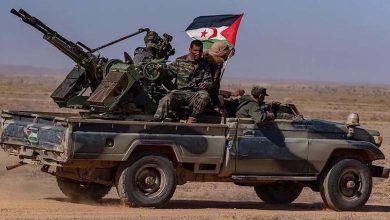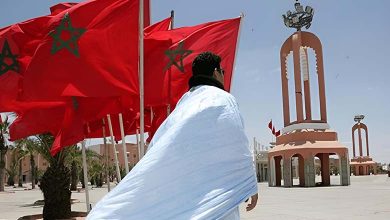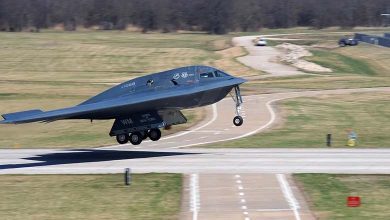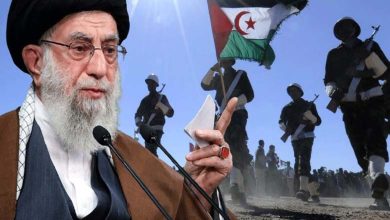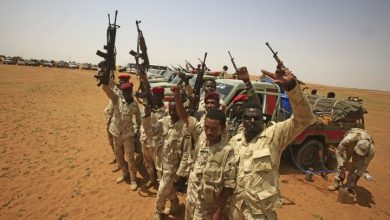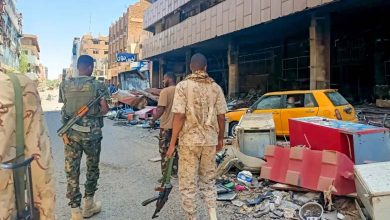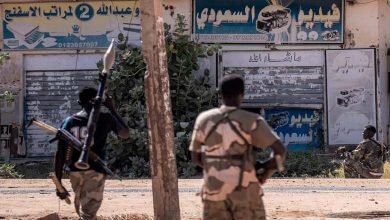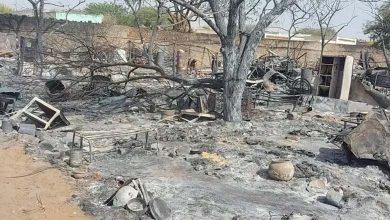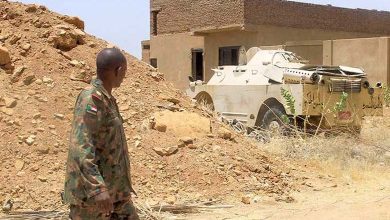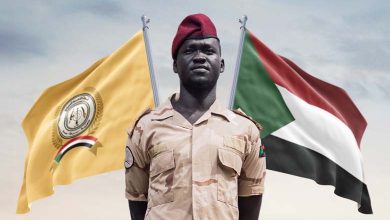“Hemeti” in his African tour: Highlights and Developments
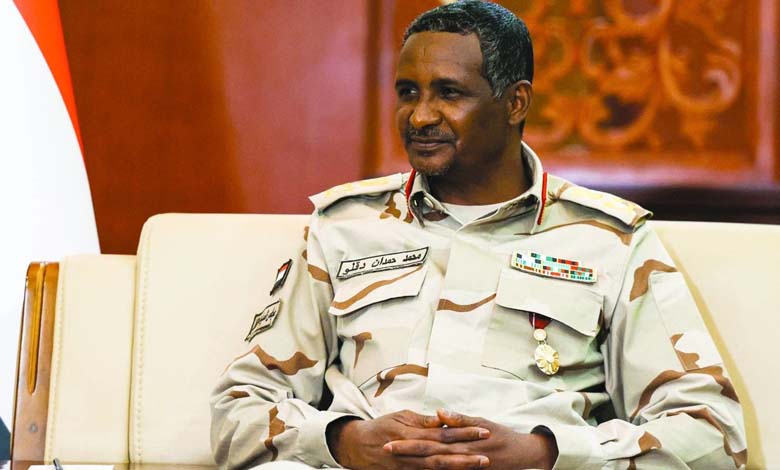
Since December 27th of last year, the commander of the Sudanese Rapid Support Forces, Mohamed Hamdan Dagalo “Hemeti,” embarked on an unannounced African tour, during which he visited Uganda, Djibouti, Ethiopia, Kenya, and South Africa.
These visits were met with great interest from those concerned with the Sudanese issue, sparking a wave of varied reactions ranging from welcome to condemnation. Some observers considered them as indicators of the hosting countries’ positions regarding the warring parties in the Nile country.
In various stops of his tour, Hemeti affirmed through his platform on the X platform that he provided explanations to his hosts for the reasons behind the outbreak of war and presented a roadmap for achieving a comprehensive solution that achieves peace in Sudan.
Field Developments
This tour follows significant field developments witnessed in the Sudanese arena in recent months. The Rapid Support Forces managed to achieve military gains in the west of the country, consolidating control over three states in the Darfur region.
Last December witnessed Hemeti‘s forces taking control of the central state of Al-Jazira, described by observers as a “dangerous turning point” in the war that has been ongoing since April 15th.
These field changes were accompanied by escalating diplomatic efforts to curb the deterioration the country is experiencing. These efforts culminated in a statement issued by the Intergovernmental Authority on Development (IGAD) on December 10th, in which the Sudanese Sovereign Council Chairman and army chief, Abdel Fattah al-Burhan, committed to meeting with Rapid Support Forces leader Hemeti within 15 days.
However, the Sudanese Foreign Ministry stated that al-Burhan conditioned the approval of the meeting and later announced that it received a memorandum from its counterpart in Djibouti, the current head of IGAD, informing them of the postponement of the meeting to January.
Public Return
Observers believe that through this tour, Hemeti aims to achieve a set of goals and convey various messages in several directions.
Sudanese writer and political analyst Mohammed Al-Mubarak says, “One of Hemeti’s first goals through this tour is to make a public appearance,” explaining that the Rapid Support Forces leader seeks to show himself and announce his public return to the political scene in the country after a six-month absence, with conflicting reports about the reasons for his absence, some even declaring his death.
Al-Mubarak adds that the Rapid Support Forces‘ media has been keen on highlighting this point through media coverage, including photos and videos, confirming his reception by the leaders of the visited countries.
In recent months, there has been a proliferation of rumors explaining Hemeti’s absence, including announcements of his death by the Sudanese ambassador to Libya, Ibrahim Mohammed Ahmed, and the head of the Umma Renewal and Reform Party, Mubarak al-Fadil. However, the Rapid Support Forces denied the death of their leader, stating that his public appearance is linked to leadership decisions.
Gathering Support
Al-Mubarak believes that Hemeti‘s movements cannot be separated from his attempt to gather these influential countries in the Sudanese issue through their role in IGAD, in favor of the negotiation agenda that the Rapid Support Forces seek to promote.
IGAD includes eight countries, with Kenya, Ethiopia, and Uganda, which Hemeti visited, being important power centers. Djibouti, included in the tour, is currently the permanent headquarters of the organization.
On the other hand, Zermes, the head of foreign relations for the Sudan Future Campaign, believes that Hemeti‘s visit to Ethiopia has a special significance, as it was for a meeting with his partners in the Coordination of Democratic Forces (Taqadum) led by Abdullah Hamdouk.
During the meeting, the two sides agreed on a declaration outlining their commitment to the peace process, with the Rapid Support Forces leadership committing to engage in direct talks with the army leadership to cease hostilities.
Zermes sees the importance of this agreement for the Rapid Support Forces as an attempt to save and improve its image after its forces committed heinous crimes against civilians, which could be termed as genocide and forced displacement.
Undermining al-Burhan‘s Efforts
Analysts believe that Hemeti‘s tour comes within the framework of his attempts to undermine the efforts made by al-Burhan with most of these countries’ leaders during his previous tours. Al-Mubarak says that Hemeti “may have found understanding from them regarding the Sudanese army’s position and its vision in defending the state’s existence.”
In the same context, Sudanese journalist and analyst Hafez Kabir affirms that neither party can pass its own narrative, pointing out that this war has two narratives, one for the army and another for the Rapid Support Forces. The countries visited by both al-Burhan and Hemeti play important roles in the Sudanese peace process, and therefore, they should listen to different parties.
Kabir believes that this tour can contribute to clarifying the picture for the leaders of these countries regarding the points of convergence that will serve as a basis for signing an agreement between the two parties.
Warmth and Welcome
Some positions accompanying Hemeti‘s tour drew the attention of observers due to the implications they hold regarding the hosting countries’ positions towards the active parties in the Sudanese war.
In this context, notable warmth in reception stood out, as reflected in the media images that conveyed the friendly atmosphere surrounding these visits.
Kabir believes that the reception received by the Rapid Support Forces leader in Uganda, Ethiopia, Kenya, and South Africa was “officially customary” and indicates positive reactions from these countries to the visit.
However, Zermes believes that the motives behind this warmth are due to the fact that this tour is facilitated and coordinated by the allies of the Rapid Support Forces, whether “outside or inside Africa.”
Signs of Diplomatic Crisis
In a sign of potential diplomatic crisis on the horizon due to the tour, the Sudanese Foreign Ministry summoned its ambassador to Kenya “for consultation in protest against the official reception organized by the Kenyan government for the leader of the rebellion militia, and the consultation will cover all possibilities for the two countries’ relationship,” according to the Sudan News Agency.
In his speech on the occasion of Sudan’s 68th Independence Day, al-Burhan called on the countries receiving Hemeti to “stop intervening in our affairs, because any facilitation provided to the rebel group’s leadership is considered complicity in the crime and complicity in killing the Sudanese people and destroying them.”
Observers attribute these receptions to the hosting countries’ desire to maintain a balance in their relationship with the conflicting parties, facilitating their mediation efforts. Additionally, the Rapid Support Forces‘ recent victories have positioned them as a key player in the Sudanese political map.


